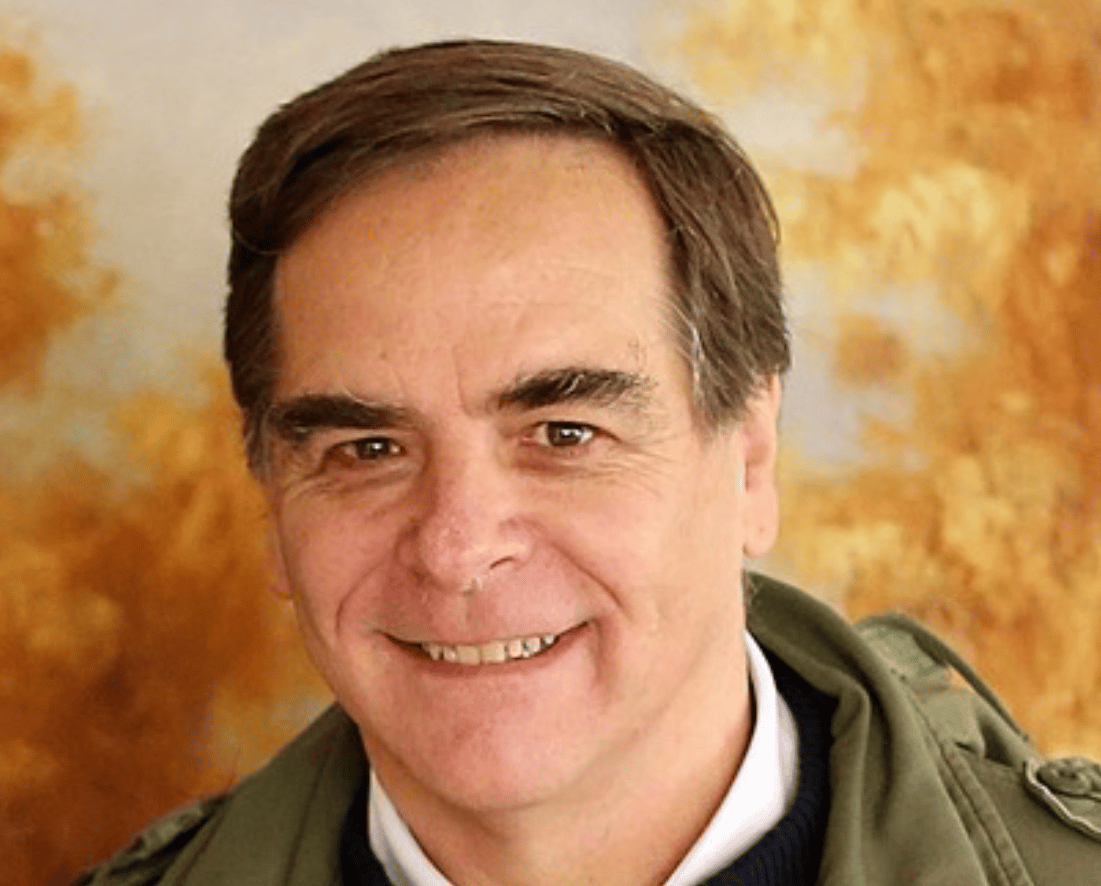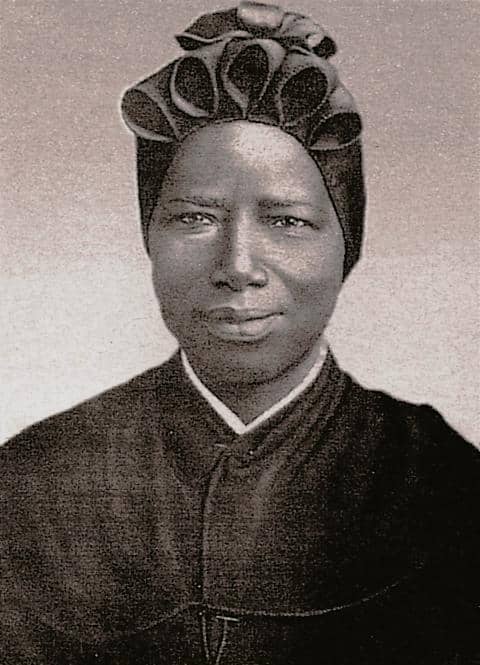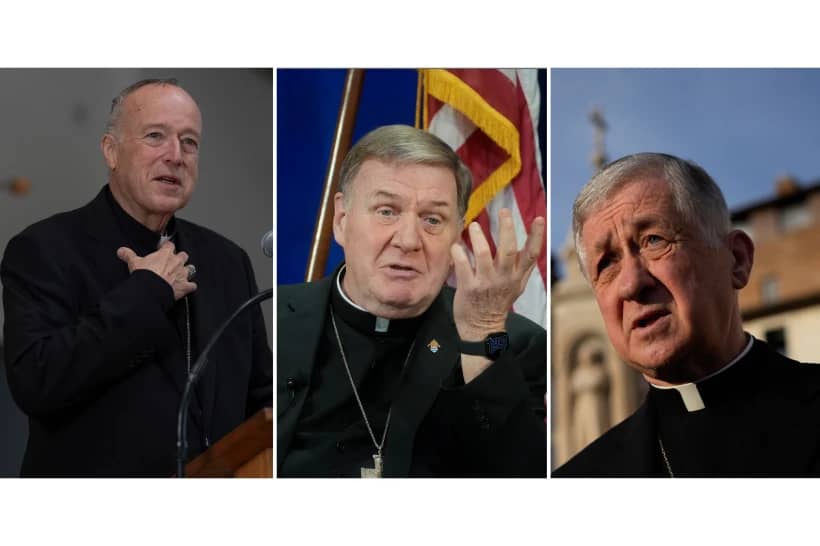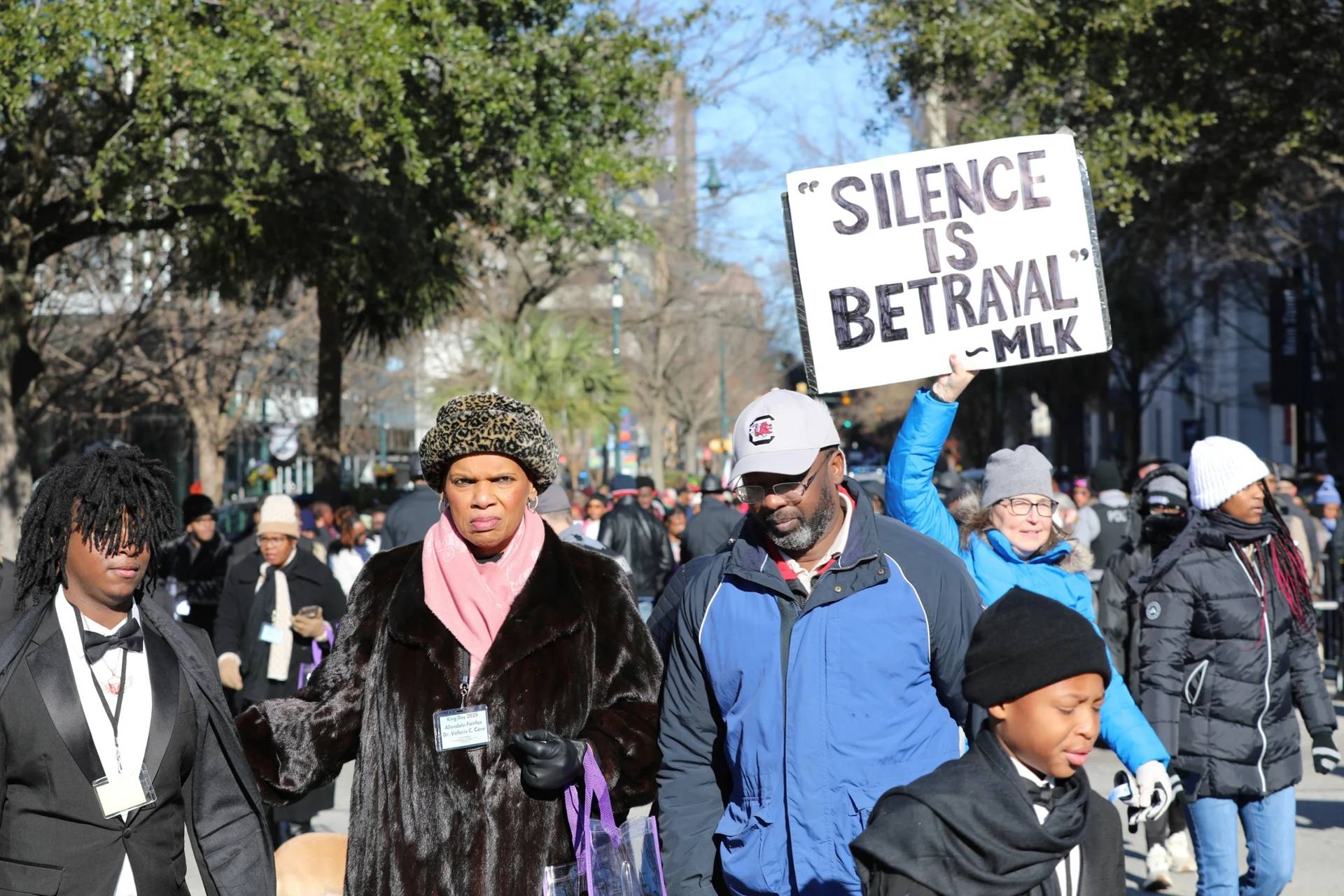NEW YORK— Secretary of State Mike Pompeo announced on Monday the creation of a new Commission on Unalienable Rights, which will be headed by former U.S. Ambassador to the Holy See Mary Ann Glendon.
Pompeo said that the new commission will be “composed of human rights experts, philosophers, and activists, Republicans, Democrats, and Independents of varied background and beliefs, who will provide me with advice on human rights grounded in our nation’s founding principles and the principles of the 1948 Universal Declaration of Human Rights.”
Glendon, who serves as the Learned Hand Professor of Law at Harvard University and was ambassador to the Vatican under President George W. Bush, published a 2001 book, A World Made New: Eleanor Roosevelt and the Universal Declaration of Human Rights, which is widely considered one of the definitive histories of the Declaration.
“It’s a sad commentary on our times that more than 70 years after the Universal Declaration of Human Rights, gross violations continue throughout the world, sometimes even in the name of human rights. International institutions designed and built to protect human rights have drifted from their original mission,” said Pompeo at a press conference announcing the new commission.
“As human rights claims have proliferated, some claims have come into tension with one another, provoking questions and clashes about which rights are entitled to gain respect. Nation-states and international institutions remain confused about their respective responsibilities concerning human rights,” he continued.
Pompeo then outlined the mandate of the commission, which will seek to address the following questions:
— What does it mean to say or claim that something is, in fact, a human right?
— How do we know or how do we determine whether that claim that this or that is a human right? Is it true, and therefore, ought it to be honored?
— How can there be human rights, rights we possess not as privileges we are granted or even earn, but simply by virtue of our humanity belong to us?
— Is it, in fact, true, as our Declaration of Independence asserts, that as human beings, we – all of us, every member of our human family – are endowed by our creator with certain unalienable rights?
“Each of these is an important question, and the mission of the commission is to provide advice on them and others not as purely abstract academic matters, but in a manner deeply informed by the timeless truths embedded in the American founding with a view to guiding our nation’s foreign policy,” said Pompeo.
Along with Glendon, the other nine members of the commission are Russell Berman, Peter Berkowitz, Paolo Carozza, Hamza Yusuf Hanson, Jacqueline Rivers, Meir Soloveichik, Katrina Lantos Swett, Christopher Tollefsen, and David Tse-Chien Pan.
After outlining the commission’s task, Pompeo turned the floor over to Glendon, his former professor from his time at Harvard Law.
“I wanted to thank you especially for giving a priority to human rights at this moment when basic human rights are being misunderstood by many, manipulated by many, and ignored by the world’s worst human rights violators,” she said.
“At the same time, I understand that the mission that you have set us is a challenging one. You’ve asked us to work at the level of principle, not policy, and you’ve asked us to take our bearings from the distinctive rights tradition of the United States of America, a tradition that is grounded in the institutions without which rights would not be possible: constitutional government and the rule of law,” Glendon continued.
“I want to assure you, Mr. Secretary, that we will do our very best to carry out your marching orders and to do so in a way that will assist you in your difficult task of transmuting principle into policy,” she concluded.
RELATED: Expert says human rights created ‘iron shield’ shared by Catholic Church
At a United Nations panel last year marking the 70th anniversary of the Declaration of Human Rights, Glendon said that many scholars were skeptical that the declaration would have any real teeth, given that at the time there were no instruments for enforcement.
Assessing its legacy, she argued that “it successfully challenged the view that sovereignty provided an iron shield behind which states could mistreat their people without outside scrutiny,” and said that alone was an achievement of “historical proportion.”
Follow Christopher White on Twitter: @cwwhite212
Crux is dedicated to smart, wired and independent reporting on the Vatican and worldwide Catholic Church. That kind of reporting doesn’t come cheap, and we need your support. You can help Crux by giving a small amount monthly, or with a onetime gift. Please remember, Crux is a for-profit organization, so contributions are not tax-deductible.













